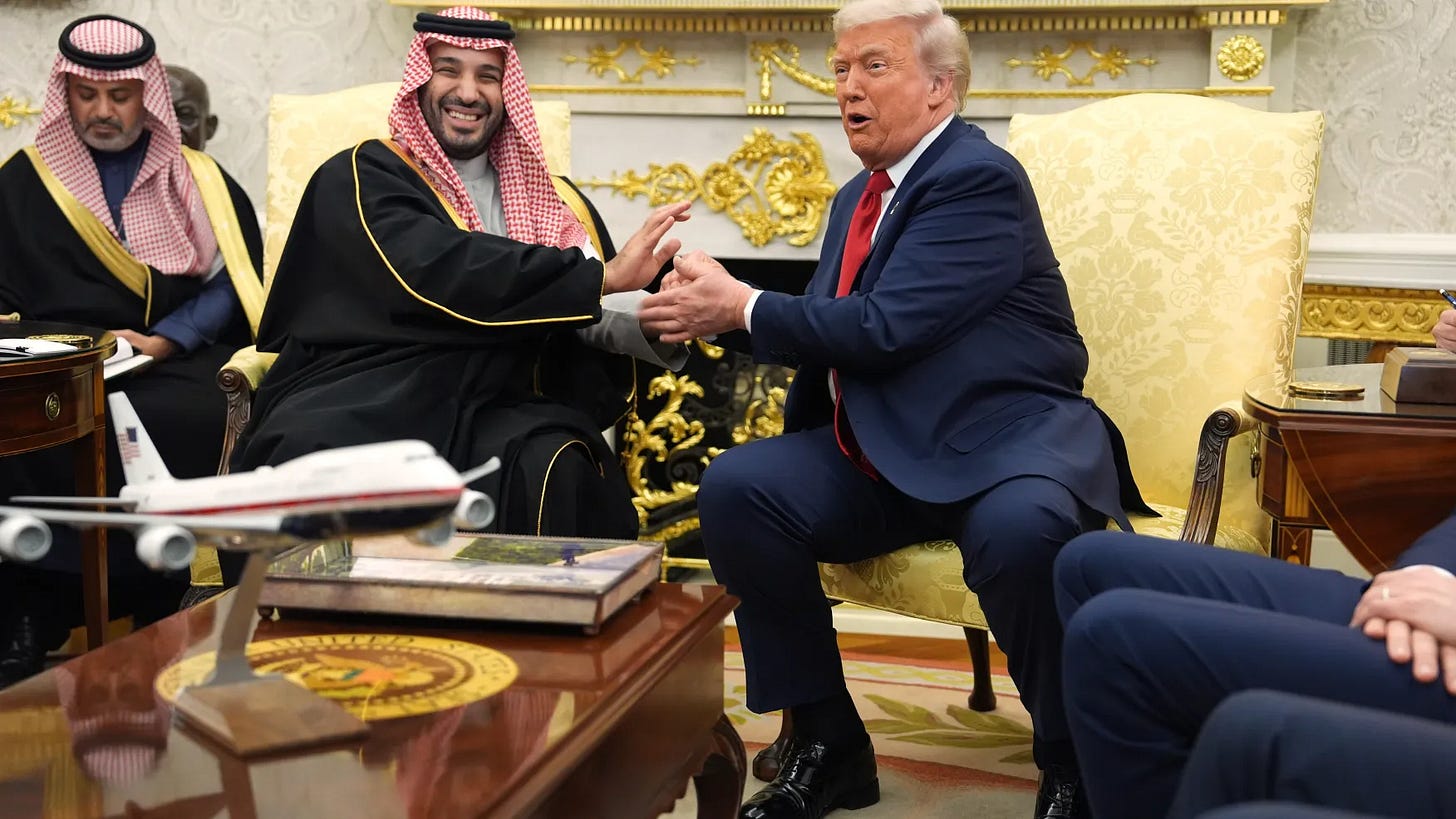Asking Questions the Powerful Don't Like
Why the attacks on the press are getting louder — and why they matter
A free press doesn’t work for the president. Reporters don’t answer to politicians. Their job is to ask the questions the powerful don’t want asked. That’s the point. That’s the whole system.
And right now, that system is under attack from two sides — political and corporate — while the loudest voice going after journalists is getting worse.



